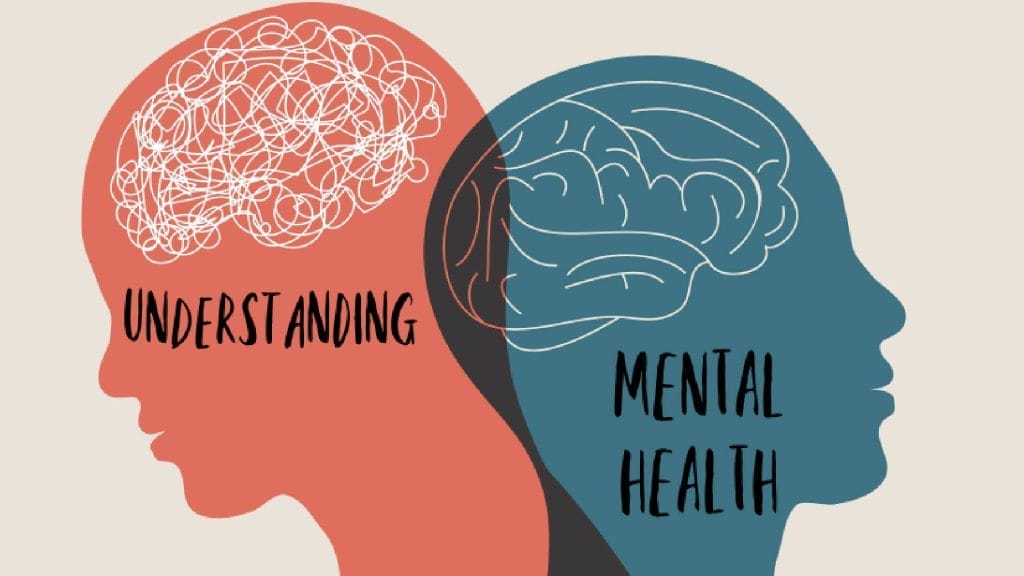Earlier this month I took a short online course with Papyrus on the subject of suicide prevention. Working with young people, in a world beset with existential problems and rising teen anxiety, it seemed like a good idea to learn more about the subject.

I first heard about Papyrus last summer from one of the founders of the charity ‘3 Dads Walking’, being interviewed on BBC Breakfast. These three fathers set up the charity after losing their teenage children to suicide, walking across the country raising funds and awareness about the prevalence of young suicide in the UK. Their core belief is that suicide is preventable.
Papyrus was founded in 1997 by a group of bereaved parents. Their definition of ‘young’ encompasses the ages 13-35, in honour of the age range of their children.
The 90-minute course was attended by around 20 participants, mainly women. They included worried or bereaved family members, educators and others working with young people. Our Papyrus trainer, Lauren- in Aberdeen- created a safe space where participants could speak confidentially and without fear of judgement.

Lauren started with information about the scale of the problem:
- Young men are more likely to die by suicide
- Many suicides go unreported; mislabelled as ‘misadventure’ or ‘accidental’
- In the UK in 2022 there were 6,588 registered suicides- roughly 18 per day
- 1,700 of these were ‘young’ people- roughly 5 per day
- These figures do not include failed attempts
- Suicide is the biggest killer of young people under 35
HOW SHOULD WE TALK ABOUT SUICIDE?
We were divided into two breakout rooms- one to consider reasons to talk about the subject, and the other to discuss reasons why people might avoid doing so.

Reluctance to Discuss the Subject of Suicide:
- For the vulnerable person:-
- Fear of repercussions- e.g. hospitalisation
- Ashamed of talking about a taboo subject
- Religious, legal or cultural prohibitions
- Fear of being stigmatised
- Loneliness- nobody to talk to
- In a state of denial
Reasons Why We Should Talk about Suicide:
- Break down the associated stigma and taboos
- Talk before it becomes a crisis
- The more it is talked about, the easier to identify risks
- Talking openly brings the subject into the air
- Safe spaces are created by open talk
- Vulnerable people feel heard
Furthermore, discussion creates a wider debate, which in turn influences policy-making and resource allocation.
TERMINOLOGY – What is Appropriate?

Generally one should mirror the language of the person at risk, using their terminology and vocabulary as much as is appropriate. Do not judge the language used, so they feel comfortable talking about difficult subjects.
We assessed common terms used, rated by Papyrus as ‘Sensitive’ or ‘Less Sensitive’.
Sensitive Terminology included:
- ‘Living with suicidal thoughts’;
does not objectify and stresses the ‘living’ aspect and is a more positive statement;
- ‘Suicided’;
many participants were uncomfortable with this term, finding it rather offhand, but it is an approved use of language;
- ‘Took their own life’;
this is an acceptable use of language but again, the stress is on communicating well, rather than imposing linguistic parameters.
Less Sensitive Terminology included:
- ‘Committed suicide’;
despite being widely-used, this has connotations of committing a crime and should be avoided whenever possible;
- ‘Genuinely attempted suicide’;
is both judgmental and categorising- suggesting that some attempts are more sincere or of higher value than others;
- ‘In a better place’;-
people comfort themselves with this, rather than the family member for whom the better place is to be alive and with them;
- ‘Attention-seeking behaviour’;
critical and stigmatising, and it is preferable to use ‘attention-needing or ‘connection-seeking’.
We watched a short, 90 second film- produced by Papyrus- Sinking Feeling– about a person in despair who found hope from the support of another person.
Hope is a very powerful tool in suicide-prevention.
HEIGHTENED RISK SITUATIONS
Include:
- Losing a loved one- feeling lonely or remorseful- leading to depression or withdrawal;
- Career or educational setbacks;
- Difficult family or romantic relationships;
- Experience of trauma.
Language Indicators of heightened risk:
- ‘What’s the point…?’
- ‘I can’t go on…’
- ‘I want to join them…’
- Talk conveying general pessimism about life
The above scenarios do not always point to suicidal thoughts but it is better to check and be wrong than vice versa.
GENERAL ADVICE
Anyone intervening in a potentially suicidal situation, does not need to have all the answers. They need to help keep the person alive until they can get the professional help they need.
There are several organisations in the UK and internationally with whom people can connect and verbalise their worries or concerns.
Overall the tutorial was very valuable and was delivered in a sensitive and concise manner. There were opportunities for some very valuable and personal contributions by participants. There was also general advice regarding communication and mirroring language that is useful in a wide range of scenarios.
CONTACTS
The below organisations can offer support to anyone with suicidal thoughts, or advise a loved one about how best to cope with the situation they are faced with.
Hopeline 0800 0684141
Papyrus- https://www.papyrus-uk.org


